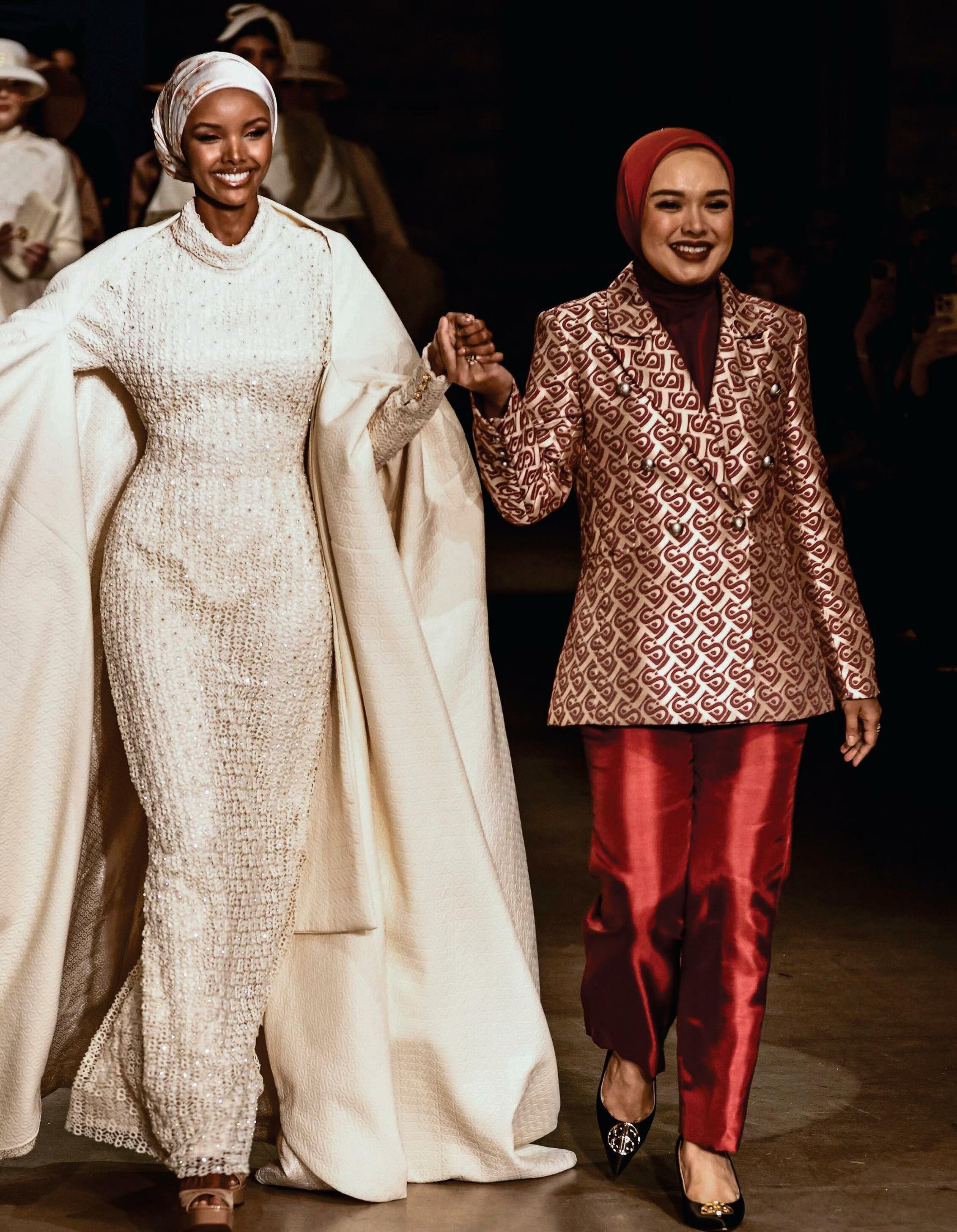Try GOLD - Free
THE NEW MUSLIM CONSUMER
Fortune Asia
|April - May 2025
ADHERENTS OF ISLAM IN SOUTHEAST ASIA ARE BECOMING A BIGGER, MORE AFFLUENT MARKET—AND ARE LOOKING TO SPEND IN LINE WITH THEIR VALUES.

SOUTHEAST ASIA is showing signs of a potential consumer boom. Incomes in the region have been on the rise, partly owing to increas- ing foreign investment as global corporations look to reorganize their supply chains. The area’s increasingly affluent population is also quite young: Its median age of around 30.4 years is considerably younger than that of the U.S., Europe, or China.
This fast-rising group has another distinctive characteristic: About 40% of Southeast Asia’s population, roughly 281 million people, are Muslim, based on Fortune calculations using World Bank data and census figures. And that particular demographic is fast becoming a key consumer group, as both local companies and established multi- nationals grow even more sensitive to their needs.
The Muslim consumer market in Southeast Asia spreads across Singapore, Brunei, the Philippines, and Thailand. But its largest hubs are in Malaysia, where about 64% of the population identifies as Muslim, and Indonesia, home to more Muslims than any other country—about 242 million, according to 2023 census figures.
The middle class in the Islamic community has been steadily expanding, according to Afra Alatas, a research officer who studies Muslim societies in Southeast Asia for Singapore think tank ISEAS-Yusof Ishak Institute. And as this group of consumers grows richer, Afra notes, “Muslim consumers—particularly those in the middle class—increasingly desire a more ‘Islamic’ lifestyle.”
Afra says this desire is manifest in a growing demand for goods and services that are halal (that is, permissible under Islam). It’s fueling a boom in companies that offer halal-certified non-consumable goods like cosmetics; “modest fashion,” which reflects Islamic values of modesty while still being stylish; and tourism packages.
This story is from the April - May 2025 edition of Fortune Asia.
Subscribe to Magzter GOLD to access thousands of curated premium stories, and 10,000+ magazines and newspapers.
Already a subscriber? Sign In
Listen
Translate
Change font size

